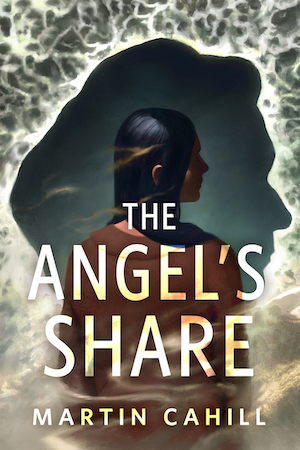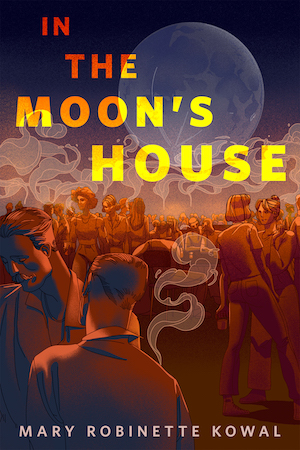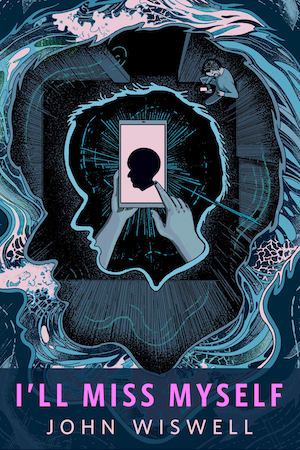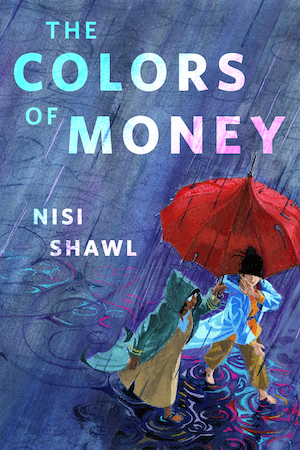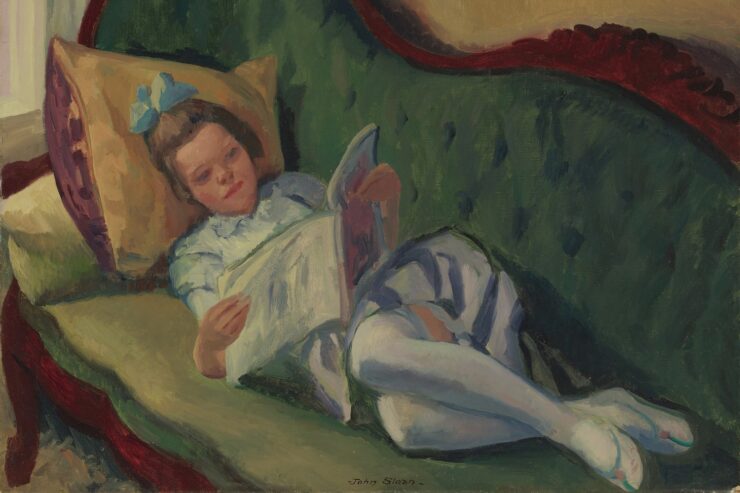On any given day, all too many new books are published. Even if one were to judge them by the strictest criteria (prose, plotting, relatable characters, and all the other good stuff that quality fiction is supposed to offer), there should be enough really, really good books to satisfy even the most ravenous of readers. Why then, do so many people happily read crap?
When I say “crap,” you know the books I mean. Paper-thin characters. Plots that reprise the plots of previous volumes. Plots that have clearly bounded out of their author’s control. Worldbuilding that is dubious at best. Stories focused entirely on the author’s particular pet peeve or hobby. Prose that suggests that the author is hellbent on revenge against the English language (the English language having killed a beloved pet, which was the gift of the author’s late spouse). Bad English!
Why would readers subject themselves to such misery?
- Social pressure? (Maybe your best friend loves the book.)
- Advertising1?
- Bribery by crypto-Pythagoreans?
I think the actual answer could be much simpler: quality isn’t the whole story. Sometimes the right flawed book at the right time can be far more satisfying than the wrong aesthetic gem at the wrong time.2
People who have particular itches that are rarely scratched will treasure books that scratch that itch, even if the books in question are otherwise flawed. Indeed, the flaws may be completely invisible to a reader finally encountering a novel that scratches that itch (especially if they didn’t know the itch existed in the first place).
Sometimes, readers want to read about someone like them who is presented positively. If a book offers that, other criteria don’t matter as much.
Sometimes readers want a story where things work out in the end and they’re willing to forgive the author if the path to that satisfactory, enjoyable ending does not entirely make sense.
Sometimes a reader wants the comfort of predictability to distract from the endless chaos of everyday life. So, another book in an endless series.
Sometimes readers simply want ripping adventure stories inspired by the unusual behavior of water at 374 C under a pressure of 218 atmospheres.3
Thus, the success of books about which detractors might say:
- “This is an inferior knock-off of Lord of the Rings by an author who didn’t understand what Tolkien was getting at.”
- “This is a mediocre fantasy novel whose only distinguishing positive feature is sympathetic LGBTQ+ characters.”
- “This is a novel featuring aliens whose forms are alien indeed and whose minds are inexplicably indistinguishable from those of human New Englanders.”
Readers are not reacting to the absence of the qualities that distinguish great books, but the presence of other elements. Entire successful careers have been built on addressing otherwise overlooked demand.
And there’s nothing wrong with this! Not every book has to be the best of all possible books. Or rather, “best” is context dependent. If it happens the qualities for which a reader is looking don’t happen to be artfully crafted prose, three-dimensional characters, and/or plots that make sense4, then it does not matter if those qualities are absent. It’s enough that the books offer readers the occasional moments of joy and comfort, or at least momentary distraction from the ever-worsening dystopias in which we live.
At least, that’s what I tell myself as I revisit old favourites. What’s your excuse?
- Why do all the mid-list authors laugh bitterly whenever I mention their lavish ad campaigns? ↩︎
- Classics forced on students under conditions seemingly designed to make the kids hate them is a matter for a different essay. ↩︎
- Yes, yes, eutectic water/ammonia mixes are also cool. ↩︎
- One of the more horrifying observations by John Rogers was that by and large viewers did not care if Leverage’s plots made any sense as long as they hit the right notes in the correct order. I’m a reader who loves plots and that appalls me. It’s probably best that in the long run I just accept that other people are looking for different qualities from fiction than I do. ↩︎


